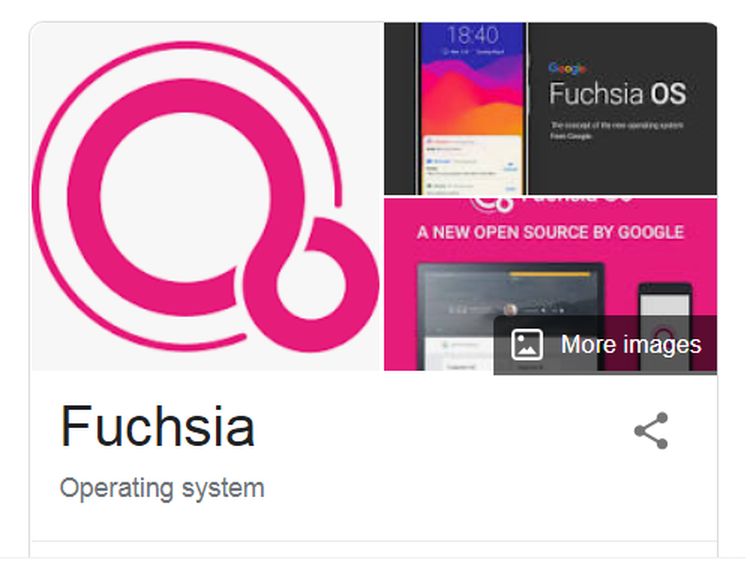What is Google's Fuchsia OS? Know about it
Google's Fuchsia is an open-source capability-based operating system. Fuchsia, unlike Google's Linux-based operating systems such as Chrome OS and Android, is based on a proprietary kernel known as Zircon.
In the future, Fuchsia OS could compete with Android. It was created entirely by Google. Since 2016, Google has been working on this continuously. Tell us about the main aspects of this project:
Android's disadvantages:
So, almost all of us use Android. However, there are some disadvantages to Android, which are listed below.
Not only was Android designed for smartphones, but it was also the first to be designed for digital cameras!
Android is not directly controlled by Google. On top of Android, every smartphone manufacturer has installed their own skin (UI). For example, Xiaomi's MI UI, Samsung's One UI, and so on.
As a result, even if Google wanted to, they are unable to provide timely updates to Android devices.
When Google releases an update, these companies apply their own skin to it. Following that, the user receives software updates, which prolongs the process.
Unlike Windows, Android keeps updating its product for ten years after it is released. Except for stock Android (original Android without a skin), no device receives updates for more than 1-2 years.
Fuchsia OS can compensate for the majority of Android's flaws. Some of its key characteristics are as follows:
It is not designed with a specific operating system in mind. This means that you will have the same Fuchsia OS experience on your phone as you do on your desktop, smart TV, and so on.
What is Google's Fuschia OS? Know about it
Unlike Android, which is built on Linux, Fuchsia OS will be built on Zircon.Because this OS is written in C++, Go, Dart, and other languages, it will support everything from smart bulbs to smart washing machines.
Google will be able to update it at any time, making it undoubtedly more secure. In a few years, Samsung will replace Android with Fuchsia OS. According to a leak, Samsung may use Google's Fuchsia OS in the future. It was unclear at the time whether the South Korean conglomerate intended to use it as an operating system for its smartphones.








